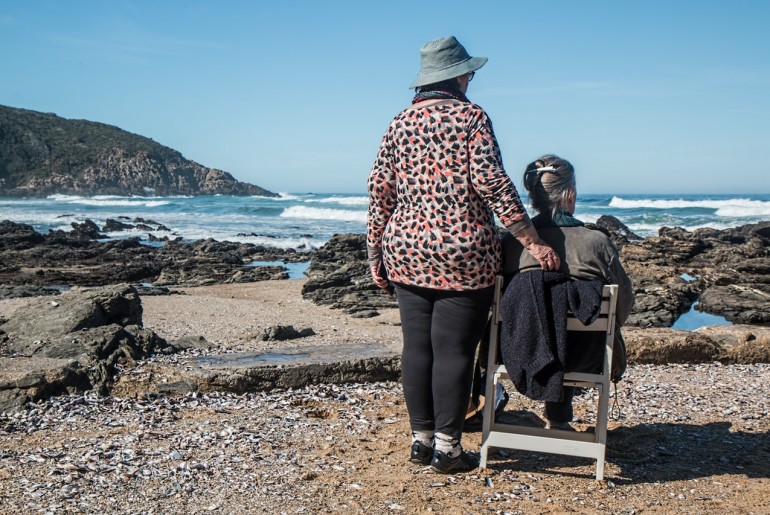If you’re like many people, you may be looking after your elderly parent. And it’s likely that you’re also juggling your own family responsibilities, along with your career.
If you’re new to looking after a parent, you may feel overwhelmed. It’s likely that your parents want to keep their independence, so we have some top tips to help decrease your stress and help them stay at home for as long as possible.
Understand what they need
When you’re busy taking care of all the necessary tasks, you may not see the forest for the trees. This means you don’t really get a chance to consider the bigger picture. The first step is to make a list of all the things your parent needs. Write down all the things you’ve been doing. Is most of the help needed during the day? Do they need more help at night? Perhaps they need constant supervision?
One good way to do this is to keep a running list in your phone or on a notepad. Make a note every time you do a task for them. After a few days, you’ll have a good overview of what your parent needs help with and when they usually need this help.
Consider outside help
Trying to do it all can quickly lead to burnout- particularly if you have your own family to take care of. It’s a good idea to evaluate the difference between how much care your parent needs and how much you can provide (realistically) without being continually tired and stressed out. Usually, there’s a mismatch here, which is why carers so often become burned out.
A good way to reduce the workload (and the stress) is to get outside help. When you search for a home healthcare agency near me, you’ll find senior home healthcare services which can provide different levels of support based on your needs.
Make changes at home
Making just a few changes in the home can make a massive difference to the safety of the house. They also make it much easier for your elderly parent to get around. Remove any extra furniture that makes it difficult for them to get around easily, particularly if they’re using a wheelchair or walker. Install grab bars near the shower, bath, and toilet as the bathroom is usually the most dangerous room in the house.
Choose smoke detectors with strobe lighting which would wake them up if they’re hard of hearing. Ensure all wires and cables are tucked away to prevent trips and falls. And install non-skid pads, strips, or mats near any slippery areas in the home.











Comments are closed.